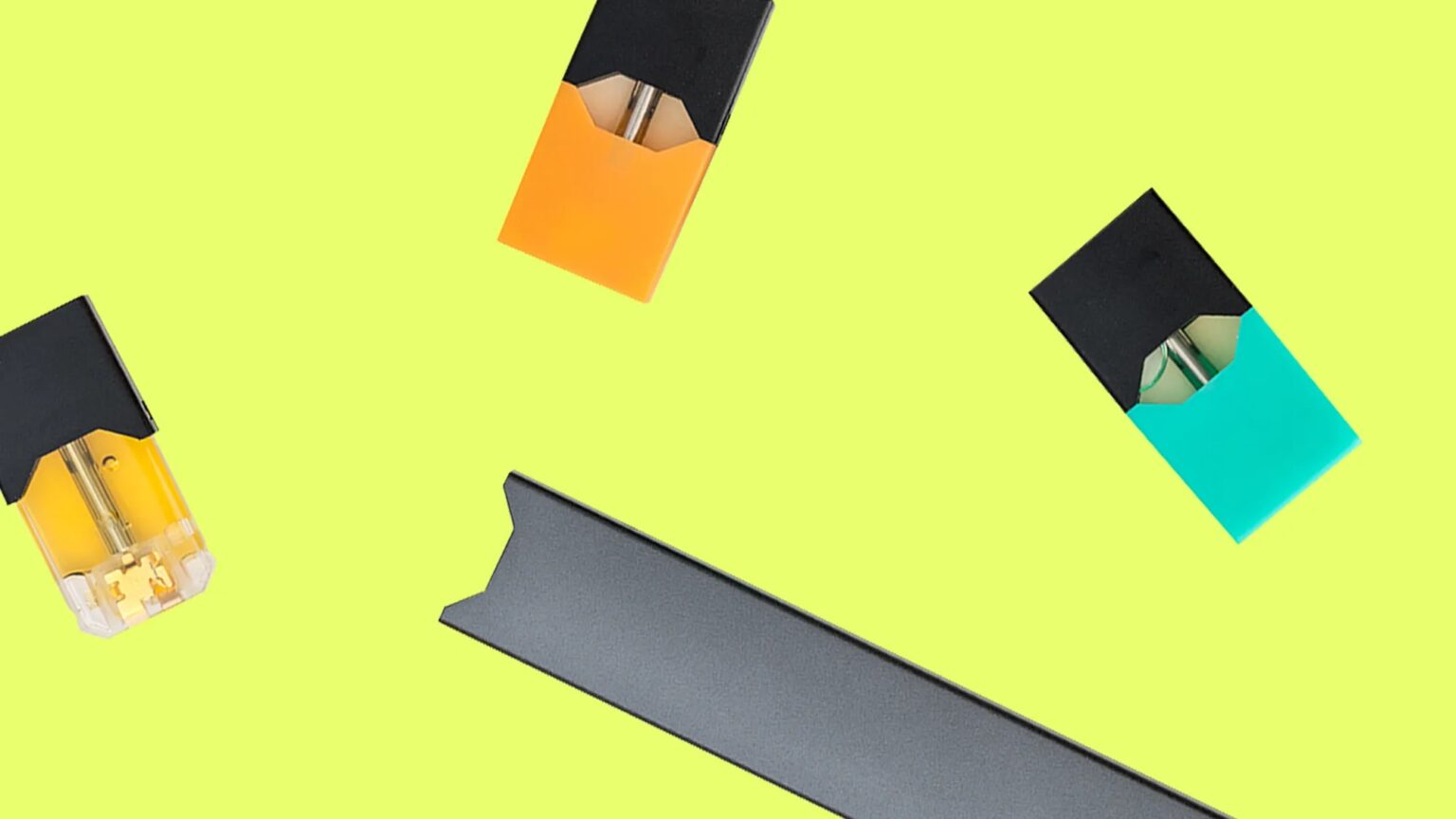
Could North Carolina’s lawsuits ruin Juul’s rise in popularity?
The vaping company Juul has faced many lawsuits in the past several years, but now a case against the company in North Carolina has made some headway. On Monday, the company reached a settlement with the state. North Carolina’s Attorney General announced the settlement and boasted of “drastic changes” that will be coming to Juul in the wake of the lawsuits.
Attorney General Josh Stein first sued Juul in 2019 after researching the company and concluding that they were going to great lengths to entice young people to use their products. He said that Juul “fanned the flames of a vaping epidemic among our children” and that its products could be seen “in any high school in North Carolina”.
According to the settlement, Juul will pay the state of North Carolina $40 million over the course of six years. They will also have to make some specific changes to their operations within the state. Many are calling the settlement a victory in the fight against underage smoking, but others feel that Juul has gotten off much too easily. Come with us to find out why that is.

Making smoking cool
Juul has been accused of marketing its products to young people for years. Recent lawsuits have targeted Juul’s social media advertising practices, their flavored products, and their marketing which claims that vaping is “healthier” than smoking regular cigarettes. At the same time, surveys from the FDA revealed an uptick in tobacco use among young people for the first time in decades.
Now Juul may be feeling some pressure from Attorneys General and regulators, but they are still making a killing. In 2019, Juul raked in $2 billion in revenue. In 2020, the company saw a dip in revenue, but still earned over $1 billion dollars. It’s been able to mark up both years as a net loss, in part thanks to stock buybacks and other financial tricks.

Settling the suit
After settling lawsuits with the state of North Carolina, Juul will pay the state just over $6.5 million per year for six years. In total, the company will pay $40 million as a settlement. In addition to the money, Juul will be making some changes to their practice in the state.
Juul will no longer use marketing that “appeals” to people under twenty-one. The company has agreed to end “most social media advertising” and to stop advertising outside of schools and at sporting events. The company will also no longer make health claims about its products in relation to other tobacco products. There will be new limits on Juul’s online sales, including not selling more than 60 pods per month to one person.
Other new rules seem to fall on the shoulders of retailers. When sold in a store, Juul products must remain behind a counter, out of the reach of customers. A store will also be required to use a barcode scanner on a customer’s ID before making a sale. Juul will be responsible for ensuring that stores follow these new rules, via a secret shopper program in the state.

Juul’s response
After settling the lawsuits in North Carolina, a spokesperson for Juul said, “This settlement is consistent with our ongoing effort to reset our company and its relationship with our stakeholders”. They added that, “Importantly, we look forward to working with Attorney General Stein and other manufacturers on the development of potential industry-wide marketing practices”.
Attorney General Stein called the settlement a “win” and said that it “will go a long way in keeping JUUL products out of kids’ hands, keeping its chemical vapor out of their lungs, and keeping its nicotine from poisoning and addicting their brains”. Critics say the settlement leaves Juul in charge of much of its own regulation. If the company fails to meet the terms of the settlement, the state’s only real recourse will be another lawsuit.
—
Do you think this settlement goes far enough? Should Juul be fined & regulated more intensely? Let us know what you think in the comments!







